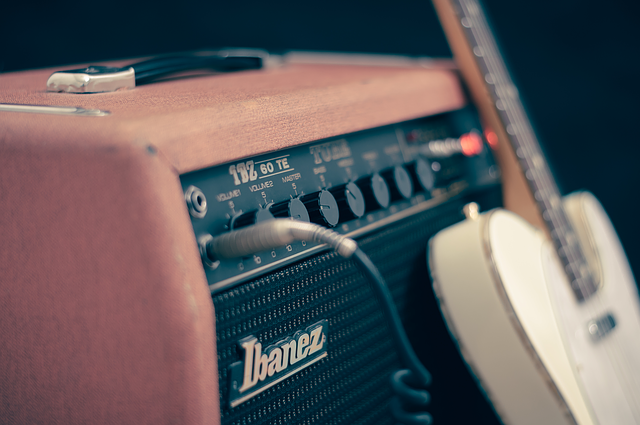5 Things to Know Before Buying an Electric Guitar
Some useful advice on how to approach the instrument in the best way, without being discouraged by the first difficulties.
Are you a music fan and have finally decided to learn how to play the electric guitar, but you don’t really know where to start? First of all you need to have some more information and dispel some false myths that revolve around this tool.
The Choice of Instrument
This is one of the golden rules that all newbies should follow. Like all instruments, the electric guitar can give a particular ‘feeling’, so even if you love its sound and listen to the genres where it is the protagonist, you may not be as passionate about the instrument as you think. It often happens that many novice musicians abandon one instrument to move on to another, precisely because perhaps there was not a good ‘feeling’ with the initial one.
It is no coincidence that many guitarists switch to bass or drums and vice versa. This is why we advise you to focus on an electric guitar with a good quality-price ratio, without immediately buying a very expensive model that you could risk abandoning and reselling.
The Musical Genre
If you already have a clear idea of what kind of music you want to learn to play, then you should buy a suitable electric guitar. For example, if you love blues or rock, but don’t want to spend too much to buy a Gibson or a Fender, you can bet on the respective Epiphone and Squire sub-brands. For metal and hard rock the Ibanez are excellent, very versatile and usually with a really smooth keyboard. If, on the other hand, you love harder metal, we recommend the Jackson or the LTD, sub-brand of ESP.
The Classical Guitar Is Not Needed

One of the most common beliefs about the electric guitar is that in order to play it you need to have learned how to play the classical guitar. Although the knowledge of classical music is certainly a great advantage for everyone to the instruments, in reality the technical setting of the two guitars is completely different. On the other hand, most of the famous guitarists certainly did not have a conservatory training.
In fact, the classical is played with the fingers, while the electric requires the use of the pick as well as a different ‘setting’ that leads the musician to play with distortion without ‘dirtying’ the performance. The two instruments present different difficulties and challenges, if your intention is to start immediately with rock and modern genres, then you should immediately train on the electric guitar with a pick.
The classic is still excellent guitar to start with, as the wider shape of the neck forces you to ‘stretch’ your fingers on the fretboard to play chords and scales, a good training that doesn’t hurt. That said, you can easily become a good electric guitarist without ever having touched a classical guitar.
The Amplifier Is Essential
As you can imagine, in order to play an electric guitar you need to have an amplifier. In fact, instead of the case, these instruments have pick-ups capable of transforming the vibrations produced by the strings into an electrical signal which is then transmitted to the amplifier.
That said, to be able to play, you just need a small transistor preamp speaker for guitar where you can adjust volume, distortion and frequencies. You can find inexpensive kits that sell electric guitar and amp at a very affordable price. If you want to play at home, you should focus on a model that is not very powerful and to which you can connect headphones, so you can play without disturbing anyone.
Self-Taught or by the Teacher?
There are plenty of skilled guitarists who have managed to find their style by studying on their own, so let’s just say that taking lessons isn’t really essential. Clearly this can vary from person to person, as many musicians cannot find the right consistency if they are not motivated (at least for the first time) by a capable teacher.
A good teacher can immediately give you the right advice to be able to loosen your fingers, learn to keep time and then teach you the scales and chords. By going to guitar lessons you will have a good foundation that you can use to learn different musical genres, or maybe continue studying in a more advanced way with a jazz guitar teacher.
Remember, however, that learning the technique and theory depend on your constancy both if you are self-taught and if you follow the lessons. As for the online lessons that you can find on Youtube, these can be useful once you have learned the rudiments of the instrument, but they are not pro
